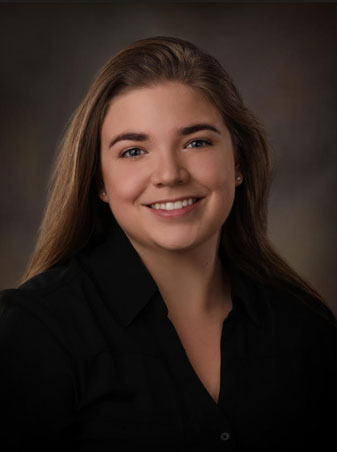Beth Butler was a senior writer/editor in the institutional marketing department at University of Maryland Global Campus, first joining the university 32 years ago in 1990 and retiring from the university earlier this fall. For UMGC’s 75th anniversary, we spoke with her about some of her favorite experiences and where she hopes to see the university in years to come. The marketing department develops content that aligns with UMGC’s core values and helps students learn more about the university as they take the next step in their education.
During your time at UMGC, how have you seen the university evolve and change? What is the most significant change you’ve witnessed at the university?
The change in technology—not just in how we interact with students but just how we accomplish our own work—has been incredible. We had computers, but no email as we know it. The editors in the office (the Office of Publications) marked up changes on hard copy, and the secretaries made the changes in the computer file. I remember using a horribly clunky HP text program that didn’t even flow text.
It was a while before all the designers had the equipment (hardware and software) so that they could design documents on the computer. For the editorial staff, getting a PC with a 40M hard drive was a big deal. Now, of course, all the work happens on the computer. The designers create layouts in InDesign, and we review PDFs.
In terms of interacting with students, when I started, classes were still site-based, but some classes had few meetings. To deliver classes to more sites, we used Interactive Television and the Interactive Video Network. The first online classes required students to install our Tycho software (which was mailed to them on floppy disks) for conferencing.
The world wide web changed everything, but at first development of the website was haphazard. We had a webmaster, but web pages were developed by individual departments. The original attempt to have content edited failed because producers only answered to their own departments. Even after we had an online course schedule, registration was still accomplished by phone and mail for some time.
Today, students can access their classes entirely online and all over the world in mere seconds. It has allowed the university’s reach to truly be global and has provided countless students with the opportunity of higher education in their home or on the go.
What has been your favorite part about working at UMGC?
Short commute (when I had a commute) and congenial coworkers.
Can you name some UMGC faculty/staff members (or even students/alumni) who impacted your career here at UMGC?
There have been numerous staff members who were great role models—Wanda Swecker, bursar; Cynthia Davis, assistant dean, School of Undergraduate Studies; Nanette Mack, registrar; Larry Leak, acting provost; Kim Kelley, vice president of information and library services.


Share This